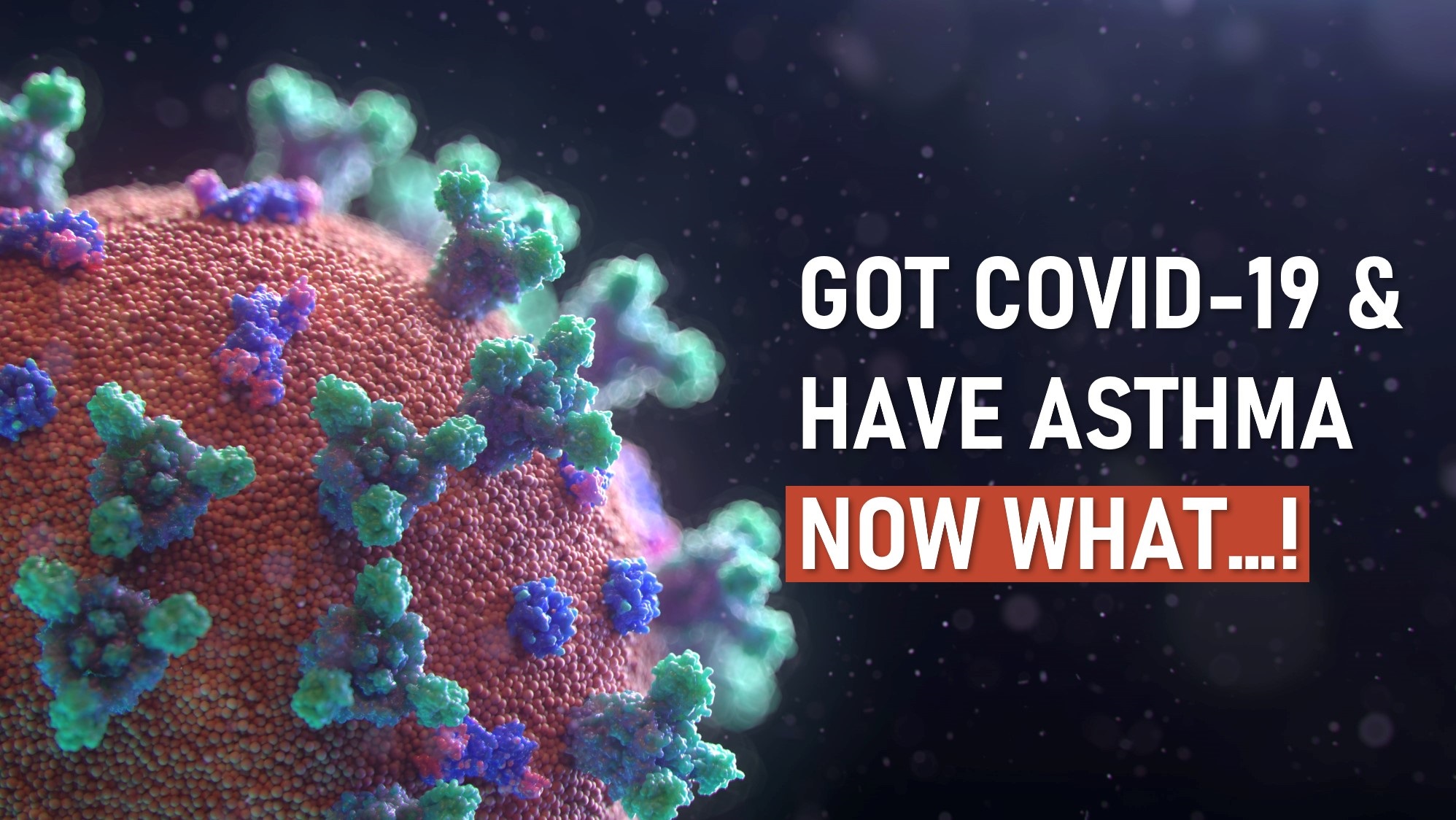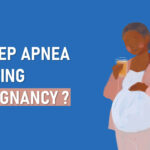- Swastik Clinic, Ahmedabad, GJ, IND
- Call: 8849867169 (For Appointment)
- Mon - Sat: 10 AM - 08 PM
- Sun: Only Emergencies
I Got Covid-19 & Have Asthma – What Now?

I Got Covid-19 & Have Asthma – What Now?
Having asthma, unfortunately, is a risk factor for COVID-19. It doesn’t mean you’re going to get it, but it increases your odds.
COVID-19 can cause symptoms, like breathlessness and coughing, similar to asthma. But a high temperature, tiredness, and changes in taste or smell do not usually happen with an asthma attack. These symptoms are more likely to be due to COVID-19 infection.
I’ve tested positive for Covid-19 & have asthma – so what now!
With asthma and Covid-19 together, you might be wondering how it’s going to affect your treatment, recovery and overall health management. Especially with the omicron variant of the coronavirus, which doesn’t cause any severe illness if you have a good immunity and doesn’t have any underlying conditions.
Here we list four key things you need to do:
1. Self-isolate (stay at home)
Staying at home and keeping a distance from anyone else in your family is the very first thing you will have to practice. From the day you were tested positive, you will have to home quarantine yourself for 10-14 days till you get healthy and tested negative. This applies to all your family members if they are living with you.
2. Manage your coronavirus symptoms
Most people who get coronavirus can manage their symptoms at home by getting rest, proper medications according to the RT-PCR reports and drinking lot of fluids.
Keep a watch on your symptoms and check if they get worse, you may need to get medical attention. COVID-19 is making you feel more unwell or more breathless, or if your symptoms have gone on longer than four weeks.
SEE ALSO: COVID-19 HOME CARE SERVICES
3. Continue with all your asthma medicines
Take all your asthma medicines and inhalers as you normally do. Because these things will help you from flaring up asthma symptoms and keep you perfectly safe during your Covid-19 recovery. If you use a nebulizer at home, you can continue to use this safely. It will not increase the spread of the virus.
This holds true even if you are under treatment for severe asthma. Keep using the regular medications unless your pulmonologist asks you to postpone the treatment.
4. Act quickly if your asthma symptoms get worse
If your asthma symptoms get worse:
- use your reliever inhaler and spacer
- ask for help from your family members or call the emergency
- follow your usual asthma attack action plan as advised by your asthma specialist
Will Covid-19 make my asthma worse?
Since you already have breathing problem, you could feel worse with coronavirus. However, studies do not suggest that Covid-19 infection increases your risk of an asthma attack. But again, this depends on the type of asthma you have and how well controlled it is.
Your asthma may get worse if:
- you don’t take your asthma medicines every day as prescribed
- your asthma is uncontrolled
- you smoke
- you are obese
- you have other health conditions apart from asthma, such as heart disease or diabetes or any lung disease
When you’re recovering from COVID-19, it is important that you’re able to recognize the difference between ongoing coronavirus symptoms and any asthma symptoms flaring up.
Talk to your doctor or hospital if you think your Covid symptoms are not getting away. Your healthcare professional can assess what care you need, which may depend on whether you were treated in hospital or at home.
You can find more information about Covid-19 Home Care Services.
Recent Posts
Archives
- April 2022
- January 2022
- December 2021
- November 2021
- August 2021
- July 2021
- June 2021
- May 2021
- April 2021
- March 2021
- February 2021
- January 2021
- December 2020
- November 2020
- October 2020
- September 2020
- August 2020
- July 2020
- June 2020
- May 2020
- April 2020
- March 2020
- February 2020
- January 2020
- December 2019
- November 2019
- October 2019
- September 2019
- August 2019
- July 2019
Categories
Recent Posts


I Got Covid-19 & Have Asthma – What Now?
09th Jan 2022
